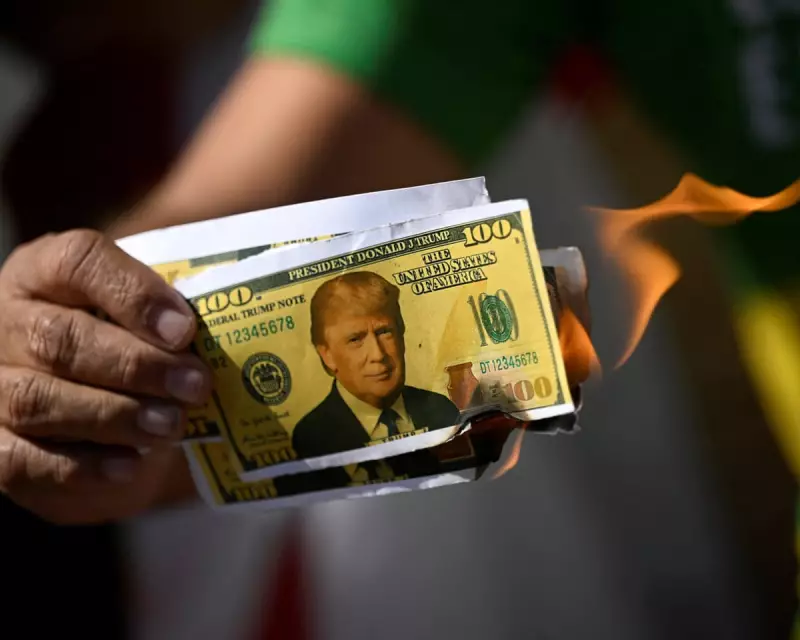
The latest wave of trade tariffs imposed by the Trump administration has sent shockwaves through global markets, with dozens of countries scrambling to respond. The measures, announced earlier this week, target a broad range of imports, raising fears of retaliatory actions and further economic disruption.
Economic Fallout Spreads
Governments and businesses alike are bracing for the impact, as the new tariffs threaten to inflate costs for consumers and disrupt supply chains. Analysts warn that the move could exacerbate existing trade tensions, particularly with key allies in Europe and Asia.
Retaliation Looms
Several nations have already signalled their intent to retaliate, with some considering targeted tariffs on US goods. The European Union, China, and Canada are among those weighing their options, as diplomatic channels remain strained.
Market Jitters
Financial markets have reacted nervously, with stocks in export-heavy sectors taking a hit. The uncertainty has also fueled volatility in currency markets, as investors seek safer assets amid the growing trade rift.
Long-Term Concerns
Experts caution that prolonged trade disputes could slow global growth, particularly in industries reliant on international supply chains. Small and medium-sized enterprises (SMEs) are expected to bear the brunt of the disruption, with many lacking the resources to absorb higher costs.
The situation remains fluid, with policymakers worldwide under pressure to shield their economies from the escalating trade war.





